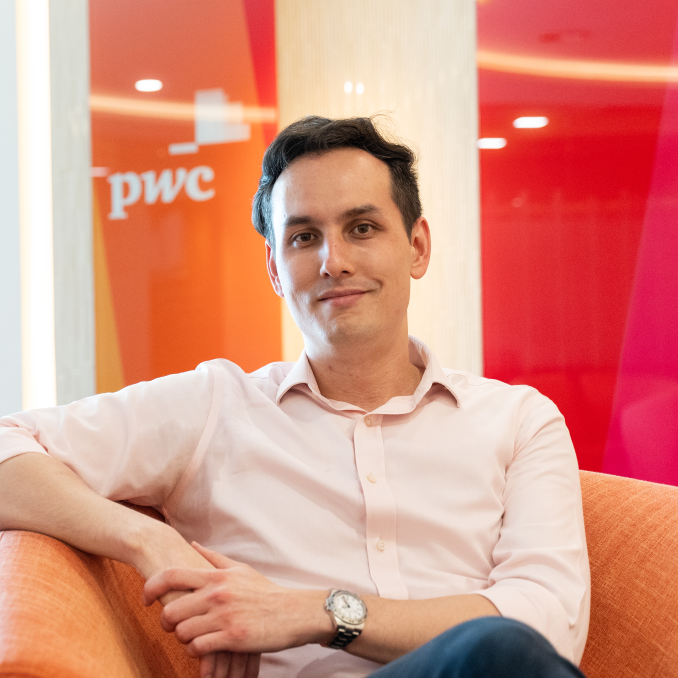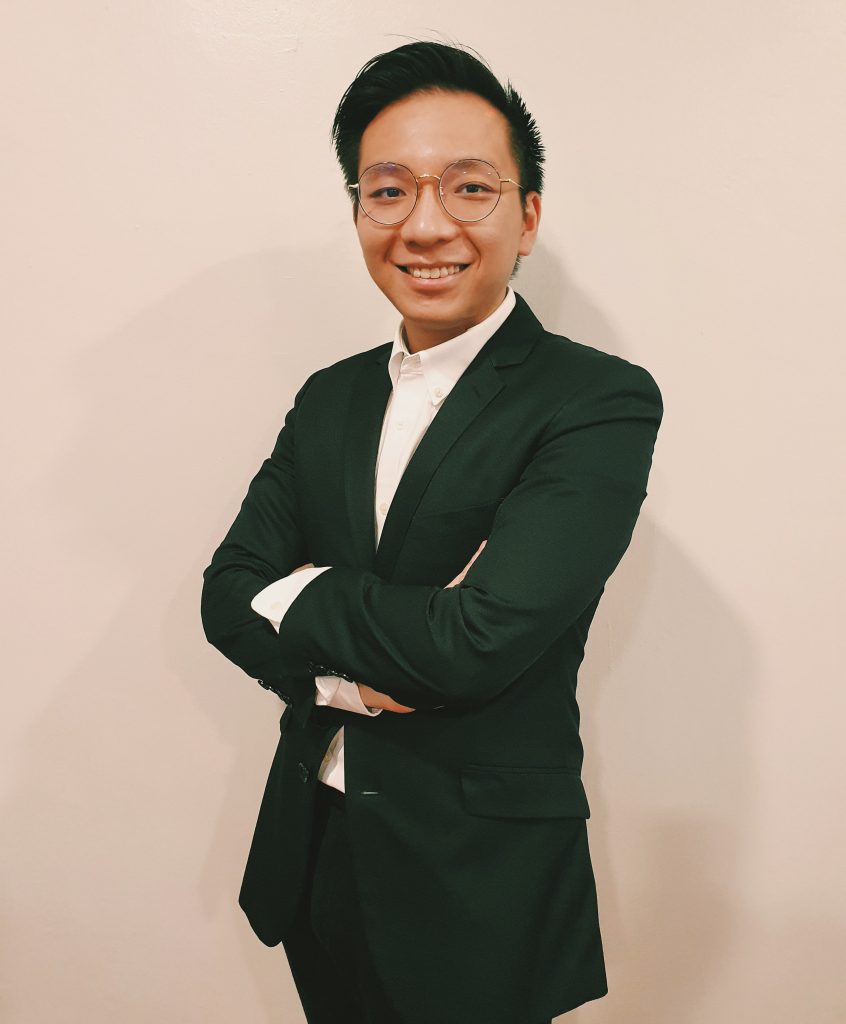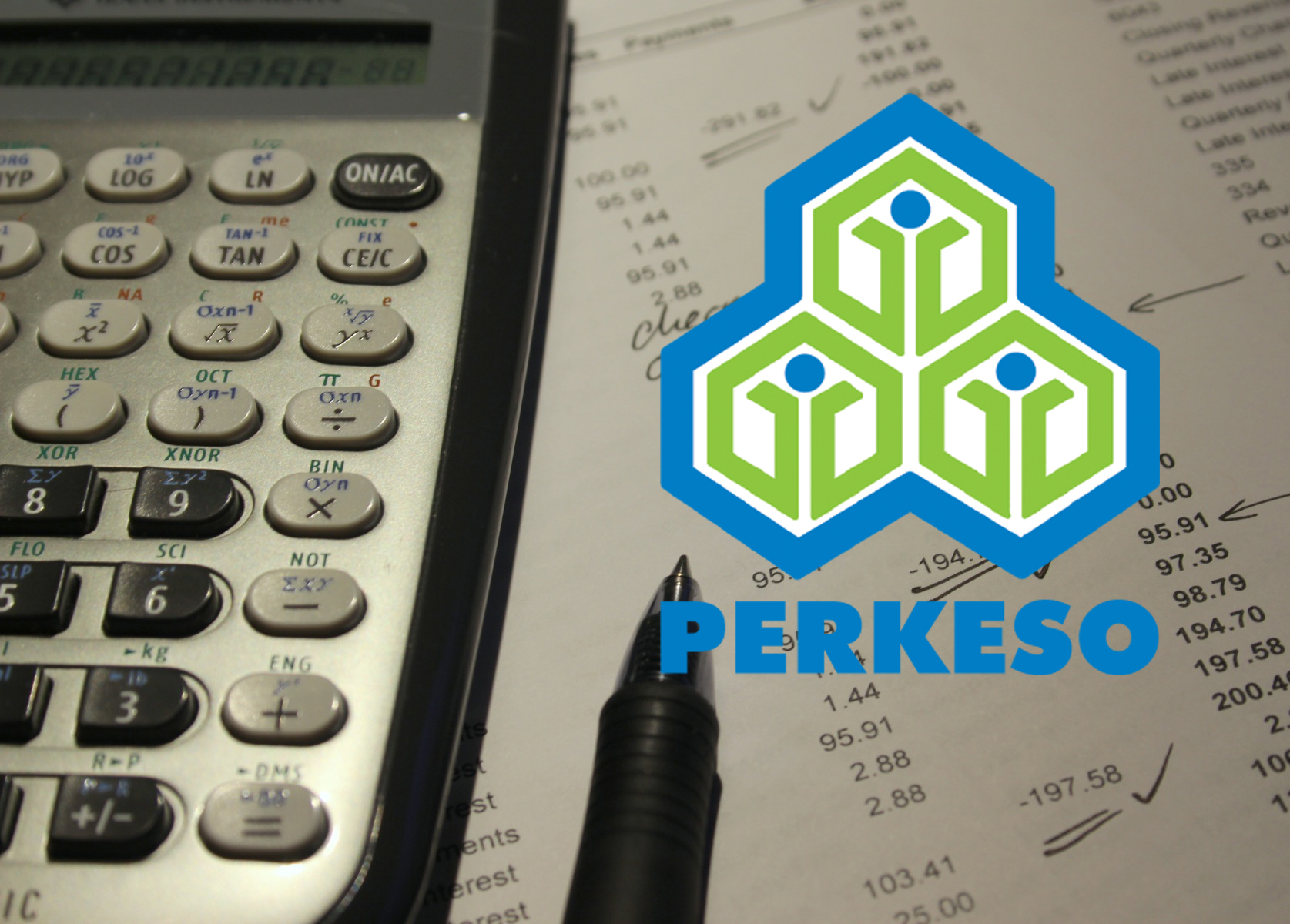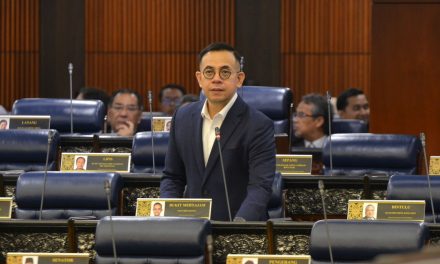The journey to becoming a chartered accountant is often associated with traditional pathways through business and finance degrees. However, individuals from non-accounting backgrounds are increasingly pursuing and excelling in the ICAEW qualification, leveraging their diverse academic experiences to bring unique perspectives to the field of accountancy.
Highlighting Success Stories
The Institute of Chartered Accountants in England and Wales (ICAEW) proudly highlights the achievements of several non-accounting graduates who have successfully transitioned into chartered accountancy. These stories not only showcase the versatility of the ICAEW qualification but also underscore the value of diverse academic experiences in the realm of accountancy.
Aneesha Veriah, Partner at Rabin & Associates, transitioned from a background in Medicine to the field of accountancy. “My medical training provided me with strong analytical and problem-solving skills, which have been invaluable in my financial management and strategic planning roles,” she explains. Aneesha’s unique perspective has allowed her to apply her skills in financial analysis and business development effectively, bridging the gap between healthcare and finance.
Similarly, Jay Lim Jun-Yan, Senior Manager at PwC in Malaysia, shifted from a degree in Chemistry to chartered accountancy through the firm’s Aspiring Accountants Programme. “The analytical skills and attention to detail I developed during my chemistry studies have been incredibly beneficial in my auditing and advisory roles,” Jay notes. His journey exemplifies how technical skills from one field can be effectively transferred to another, enhancing professional capabilities.
Nicholas Tay Kee Chi, Assistant Vice President at Mizuho Bank (Malaysia) Berhad, moved from Actuarial Science to financial advisory. He leverages his skills in forecasting, analytics, and financial statement analysis in his current role. “The critical thinking and quantitative skills I honed in actuarial science have given me a solid foundation for my work in financial advisory,” Nicholas shares. His transition highlights the compatibility between actuarial science and accountancy, particularly in areas requiring strong analytical abilities.
Yap Khai Ven, Audit Director at Deloitte PLT, transitioned from Economics to audit leadership. He found his academic background provided a solid foundation for his professional qualification. “The principles of economics are closely related to accountancy, and my understanding of economic theories has been instrumental in my audit work,” Yap reflects. His experience underscores the complementary nature of economics and accountancy.
Overcoming Challenges
Transitioning from non-accounting backgrounds to chartered accountancy presented several challenges, which these professionals overcame through dedication and strategic approaches. Aneesha, for instance, originally pursued a degree in medicine with a focus on exploring the business side of healthcare, particularly in plastic surgery. “My goal was to bridge the gap between clinical practice and business management,” she explains. “Applying my analytical skills to financial analysis and strategic planning allowed me to make a meaningful impact in the healthcare industry.”
Jay faced the challenge of transitioning from chemistry to finance. He credits PwC Malaysia’s Accounting for Non-accounting Graduates Programme for providing the necessary skills and knowledge. “The programme was instrumental in helping me bridge the gap between my chemistry background and my current role in auditing,” Jay shares.
For Nicholas, balancing work deadlines and rigorous ICAEW exams was a significant challenge. “The discipline and critical thinking skills I developed in actuarial science were crucial in managing my time effectively and excelling in my exams,” he notes.
Yap highlights the importance of discipline, practice, and support networks in managing work and exams. “It’s about maintaining focus and leveraging the support of colleagues and mentors to navigate the challenges,” he advises.
Advice for Aspiring Chartered Accountants
For non-accounting students aspiring to become chartered accountants, these professionals offer valuable advice. They emphasise the importance of seeking internships, mentorship, and guidance from professionals in the field. “Leverage your unique skills and perspectives to bring innovative solutions to the table,” advises Nicholas. “With determination, practical experience, and support, you can navigate the challenges and excel in chartered accountancy.”
Aneesha adds, “Don’t be afraid to pursue a path that seems unconventional. Your diverse background can be a significant asset in the field of accountancy.”
Shenola Gonzales, Head of ICAEW Malaysia, encapsulates the essence of these success stories while reflecting on her own journey from a non-accounting background to a leadership role within ICAEW. Gonzales, who earned a degree in Chemical Engineering from the University of Manchester Institute of Science and Technology in 1998, transitioned into accountancy after qualifying with ICAEW in 2002. Her background in engineering and her subsequent career in accountancy have provided her with a unique perspective on the profession.
“The achievements of these non-accounting graduates demonstrate the ICAEW qualification’s adaptability and the broad range of skills it can encompass. Their diverse academic backgrounds have not only enriched their professional journeys but also contributed significantly to the field of accountancy,” Gonzales states.
She continues, “My own transition from engineering to accountancy has reinforced my belief in the power of diverse perspectives. At ICAEW, we are committed to supporting individuals from all academic disciplines in achieving their professional goals and making a meaningful impact in the business world. The success of Aneesha, Jay, Nicholas, and Yap underscores the importance of embracing diverse perspectives and the limitless possibilities that the ICAEW qualification offers.”













